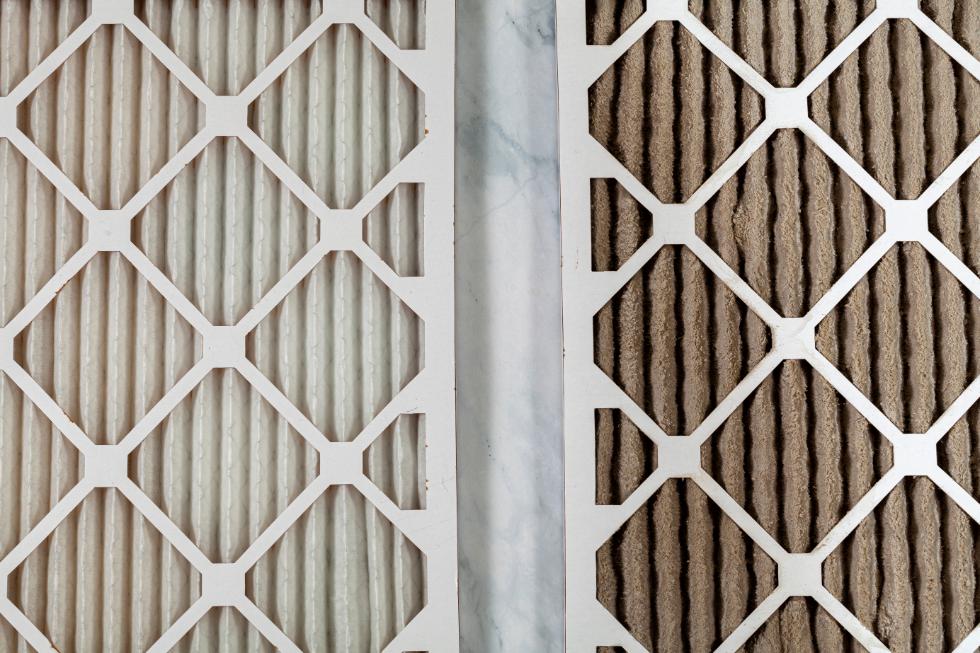Replacing building air filters regularly is crucial for maintaining indoor air quality, energy efficiency, and overall building health.
Here’s why it’s important:
Enhanced Air Quality and Health
Air filters trap dust, pollen, allergens, bacteria, and even viruses that circulate in a building. Over time, these filters get clogged, reducing their ability to capture airborne pollutants. Clean filters help maintain healthy indoor air quality, which is especially important in buildings with high occupant density, where poor air quality can lead to respiratory issues and other health problems.
Improved HVAC System Efficiency
When air filters are clogged, HVAC systems have to work harder to push air through, which increases energy consumption and operating costs. Clean filters allow air to pass through more easily, helping the HVAC system run more efficiently and potentially lowering energy bills.
Extended HVAC System Lifespan
Dirty air filters put extra strain on HVAC components, such as fans and motors, leading to quicker wear and tear. Regularly replacing air filters can reduce this strain and extend the lifespan of the HVAC system, saving on costly repairs or premature replacements.
Reduced Risk of Mold and Mildew Growth
Clogged filters can lead to moisture buildup, especially in humid environments. This moisture can create an environment for mold and mildew growth within the HVAC system, leading to unpleasant odors and health risks. Regular filter replacement reduces the risk of mold spreading through the air system.
Better Temperature Regulation
Clean air filters support proper airflow, which is critical for even temperature distribution. Clogged filters can create temperature imbalances, leading to hot or cold spots that may make the building less comfortable for occupants.
Lowered Maintenance Costs
Keeping filters clean reduces the chance of larger issues within the HVAC system. By routinely changing filters, building managers can avoid more frequent maintenance needs and emergency repairs, leading to cost savings over time.
How Often to Replace Building Air Filters?
Recommended frequency: For typical buildings, replacing air filters every 1-3 months is standard. However, in high-traffic, industrial, or medical buildings, filters may need replacing more often due to higher particulate levels in the air.
Regular filter replacement is a proactive approach to improving both the efficiency and health of a building’s environment.


